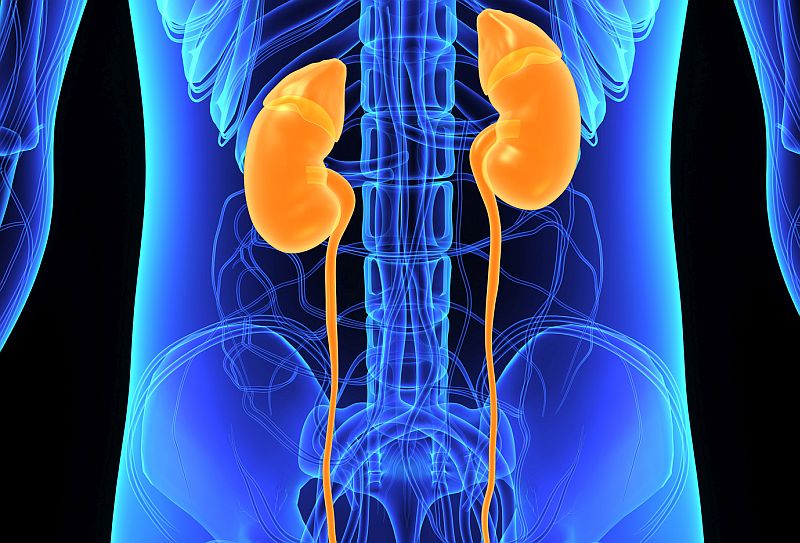
WEDNESDAY, Oct. 19, 2016 (HealthDay News) -- Among patients with ureteral stones, those who are younger, have proximal stones, and require intravenous narcotics for pain control are more likely to return to the emergency department within 30 days, according to a study published in the November issue of The Journal of Urology.
Vishnu Ganesan, from the Cleveland Clinic, and colleagues reviewed the 2010 to 2013 records for 1,510 emergency department patients at a single institution with a diagnosis of urolithiasis and an associated computed tomography scan. Images were reviewed to confirm stone size, location, and degree of hydronephrosis.
The researchers found that 164 patients (11 percent) revisited the emergency department within 30 days. The presence of a proximal ureteral stone, age less than 30 years, and the need for intravenous narcotics in the emergency department remained independently associated with an emergency department revisit, according to multivariable analysis.
"Consideration should be given for early follow-up or intervention for these patients to prevent costly emergency department returns," the authors write.
Full Text (subscription or payment may be required)
|
